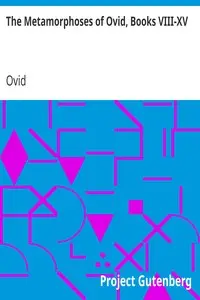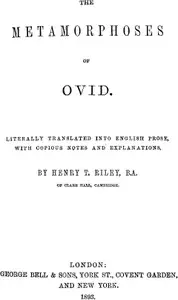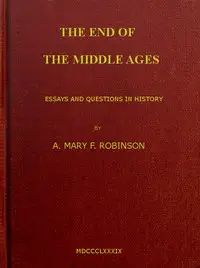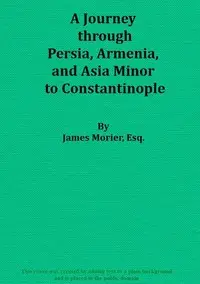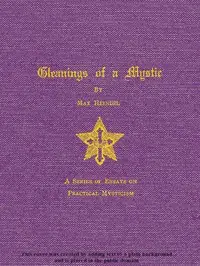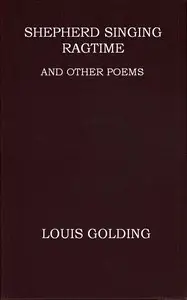"Ars Amatoria; or, The Art of Love" by Ovid is a romantic didactic poem written in the early 1st century AD. This work serves as a guide to love and seduction, offering practical advice to men on how to win the affection of women. It blends humor, elegance, and insight into human relationships, making it a classic of Latin literature. At the start of the text, Ovid invites readers to learn the "art of loving," likening the skill of love to that of a sailor navigating a ship or a charioteer controlling a team of horses. He emphasizes the importance of finding the right partner and lays out strategies for pursuing romance, from observing potential loves in public places to utilizing the influence of handmaidens. The emphasis on both the methods and the atmosphere of courtship reflects the playful and complex nature of human attraction, presenting love as a strategic undertaking requiring both artistry and patience. (This is an automatically generated summary.)

Ars Amatoria; or, The Art Of Love Literally Translated into English Prose, with Copious Notes
By Ovid
"Ars Amatoria; or, The Art of Love" by Ovid is a romantic didactic poem written in the early 1st century AD. This work serves as a guide to love and s...
Publius Ovidius Naso, known in English as Ovid, was a Roman poet who lived during the reign of Augustus. He was a younger contemporary of Virgil and Horace, with whom he is often ranked as one of the three canonical poets of Latin literature. The Imperial scholar Quintilian considered him the last of the Latin love elegists. Although Ovid enjoyed enormous popularity during his lifetime, the emperor Augustus exiled him to Tomis, the capital of the newly-organised province of Moesia, on the Black Sea, where he remained for the last nine or ten years of his life. Ovid himself attributed his banishment to a "poem and a mistake", but his reluctance to disclose specifics has resulted in much speculation among scholars.




